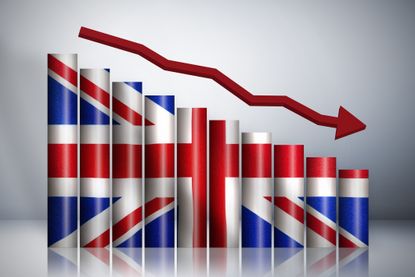Bonds
The latest news, updates and opinions on Bonds from the expert team here at MoneyWeek
Explore Bonds
-
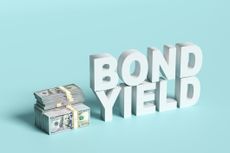
The shape of yields to come
Central banks are likely to buy up short-term bonds to keep debt costs down for governments
By Cris Sholto Heaton Published
-

An AI bust could hit private credit
Opinion Private credit is playing a key role in funding data centres. It may be the first to take the hit if the AI boom ends, says Cris Sholto Heaton
By Cris Sholto Heaton Published
Opinion -

Why Scotland's proposed government bonds are a terrible idea
Opinion Politicians in Scotland pushing for “kilts” think it will strengthen the case for independence and boost financial credibility. It's more likely to backfire
By Matthew Lynn Published
Opinion -
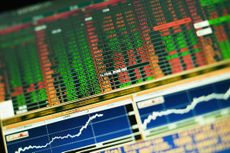
The battle of the bond markets and public finances
An obsessive focus on short-term fiscal prudence is likely to create even greater risks in a few years, says Cris Sholto Heaton
By Cris Sholto Heaton Published
-

MoneyWeek experts' best investments for the next 25 years
MoneyWeek's experts predict the best investments for the next quarter-century. Tips range from defence and agriculture to Vietnam and Jardine Matheson
By MoneyWeek Published
-
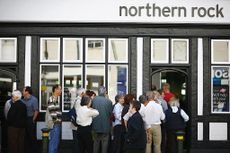
Central banks have evolved. Are they still fit for purpose?
The rise to power and dominance of the central banks has been a key theme in MoneyWeek in its 25 years. Has their rule been benign?
By Simon Wilson Published
-
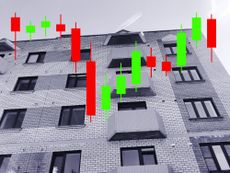
UK REITs – is real estate poised for a rebound?
Investors are still cautious about UK REITs. Private equity is snapping them up. One view must be wrong, says Cris Sholto Heaton
By Cris Sholto Heaton Published
-
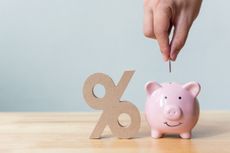
Retail bond paying 8.25% launches – should you buy it?
A new bond from alternative property lender LendInvest looks eye-catching but how do retail bonds work, and what are the risks?
By Ruth Emery Last updated
-

Overlooked companies' debt and equity to invest in now
Opinion Ian “Franco” Francis, fund manager, Manulife CQS New City High Yield Fund tells MoneyWeek where he’d put his money
By Ian Francis Published
Opinion
